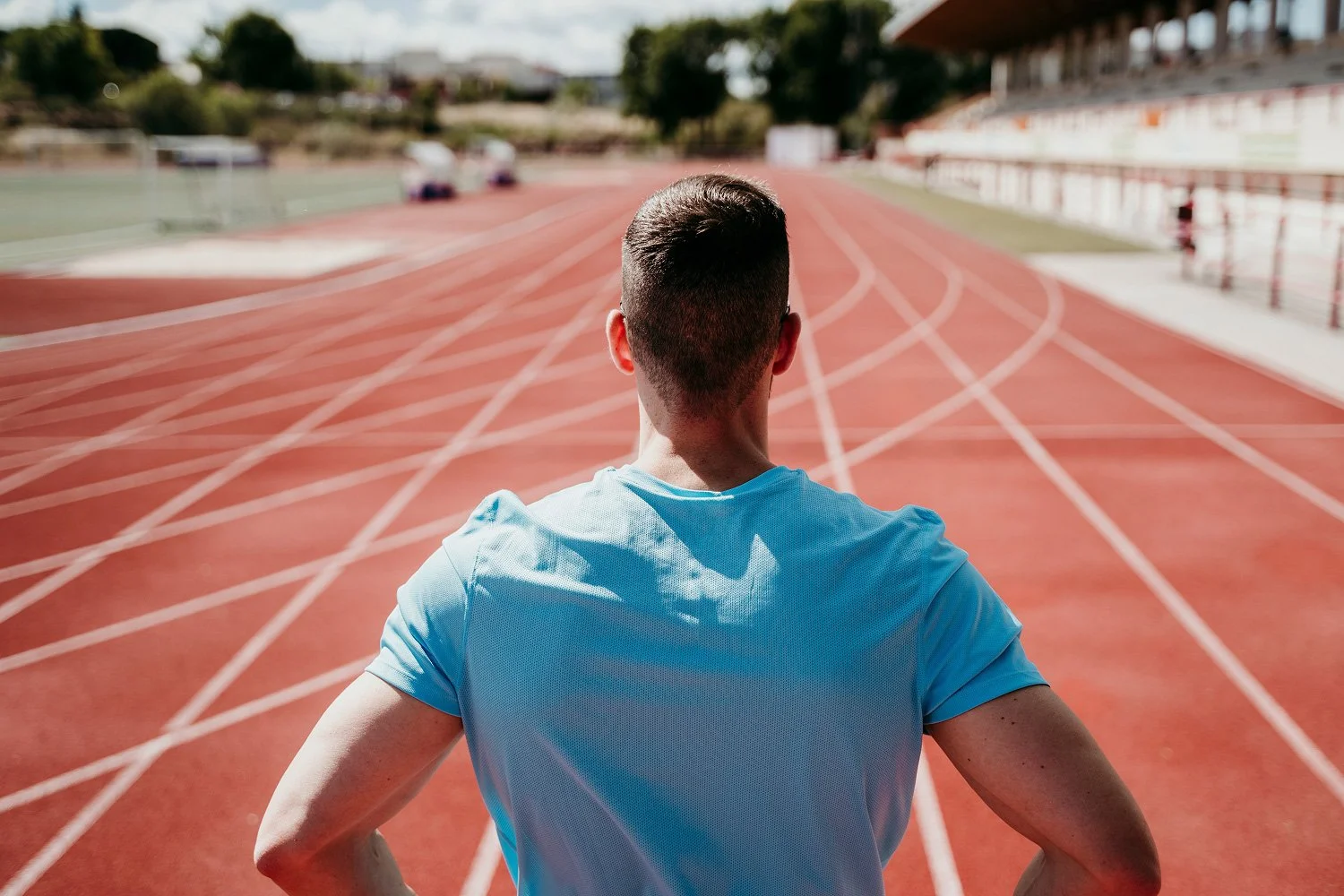Understanding Sports Psychology: 9 Strategies to Enhance Mental Fitness

Sports psychology is a specialized field that examines how mental and emotional factors impact physical performance and overall well-being in athletic contexts. It integrates principles from psychology, kinesiology, and neuroscience to provide tools that help individuals manage the psychological demands of sports and exercise. Whether you are a competitive athlete striving for excellence or someone pursuing personal fitness goals, understanding and applying sports psychology can lead to significant improvements in performance, motivation, and mental resilience. This article delves into the essence of sports psychology, its various types, its broad applicability, and practical techniques that can be implemented independently to foster mental fitness.
At its core, sports psychology focuses on the interplay between the mind and body during physical activities. It addresses issues such as anxiety, focus, confidence, and motivation, which are crucial for optimal performance. For instance, an athlete might use visualization techniques to mentally rehearse a race, reducing pre-competition nerves and enhancing execution. Beyond the field, these principles are increasingly recognized for their value in everyday life, helping individuals cope with stress, improve concentration, and maintain a positive outlook in various challenges.
There are several types of sports psychology, each catering to different needs. Performance psychology is perhaps the most well-known, emphasizing goal-setting, imagery, and self-talk to boost athletic output. Clinical sports psychology deals with mental health concerns like depression or eating disorders in athletes, offering therapeutic support tailored to the sports environment. Rehabilitation psychology aids in the emotional recovery from injuries, helping athletes stay motivated and overcome fears of re-injury. Exercise and health psychology targets non-athletes, promoting consistent physical activity and healthy habits. Team and organizational psychology focuses on group dynamics, enhancing communication and cohesion among team members and coaches. Lastly, developmental sports psychology supports young athletes and their families, fostering long-term growth and emotional well-being.
Sports psychology is not limited to elite competitors; it benefits a wide range of individuals. Competitive athletes use it to sharpen focus and handle pressure, while recreational exercisers find it helpful for maintaining consistency and enjoyment in their routines. Those recovering from injuries can navigate the emotional turmoil of rehabilitation, and coaches can improve leadership and team performance. Parents of youth athletes learn to support healthy goal-setting, and individuals transitioning out of sports use these tools to adapt to new life phases. Essentially, anyone engaged in physical activity who faces mental barriers can gain from sports psychology.
The importance of mindset in sports and life cannot be overstated. Mental fitness enables individuals to transform doubt into constructive energy, manage stress effectively, and recover from setbacks with resilience. Techniques learned in sports psychology, such as mindfulness and positive self-talk, are transferable to daily situations, whether it’s preparing for a work presentation or handling personal conflicts. By cultivating a strong mental game, people can approach challenges with clarity and confidence, leading to improved outcomes in both athletic and non-athletic endeavors.
To build mental fitness, here are nine common sports psychology techniques that can be practiced at home. First, set simple, process-oriented goals that are specific and achievable, focusing on daily habits rather than distant outcomes. For example, instead of aiming to win a race, commit to a pre-run stretching routine. Second, use visualization to mentally rehearse success, which enhances neural pathways and reduces anxiety. Before a stressful event, imagine the scenario in detail to increase familiarity and confidence. Third, incorporate breathwork, such as box breathing, to calm the nervous system during moments of stress. This involves inhaling, holding, exhaling, and holding the breath in equal counts to activate relaxation responses.
Fourth, practice positive self-talk by replacing negative thoughts with neutral or encouraging statements. For instance, instead of thinking ‘I can’t do this,’ say ‘This is challenging, but I’m making progress.’ Fifth, employ mindfulness to stay present during activities, reducing distractions and improving focus. Engage fully in simple tasks like drinking coffee or walking, gently bringing attention back when the mind wanders. Sixth, establish a pre-performance routine to signal readiness and reduce unpredictability. This could include a few minutes of breathing exercises or listening to motivating music before an important task.
Seventh, reflect on performances without judgment, using a structured approach to identify successes, areas for improvement, and lessons learned. This fosters growth without self-criticism. Eighth, try journaling to track progress, moods, and mental patterns, which can provide insights over time and help manage obstacles. Ninth, practice gratitude to maintain joy and motivation, especially during tough periods. After a workout or difficult day, acknowledge something positive to reinforce a positive mindset.
Frequently asked questions about sports psychology clarify its uses and accessibility. It is employed to enhance performance and well-being, addressing issues like pressure management and burnout. It is not exclusive to athletes; anyone can benefit from its techniques. While similar to regular therapy, sports psychology is context-specific, focusing on athletic environments, but many practitioners are licensed mental health professionals. Techniques can be self-applied safely, though professional guidance may be beneficial for deeper issues. In team sports, it improves communication, trust, and collective resilience.
In summary, sports psychology offers valuable tools for building mental fitness that extend beyond the sports arena. By understanding its principles and practicing techniques like goal-setting, visualization, and mindfulness, individuals can improve their mental resilience, performance, and overall quality of life. Embracing these strategies can lead to a more balanced and empowered approach to challenges, both on and off the field.


